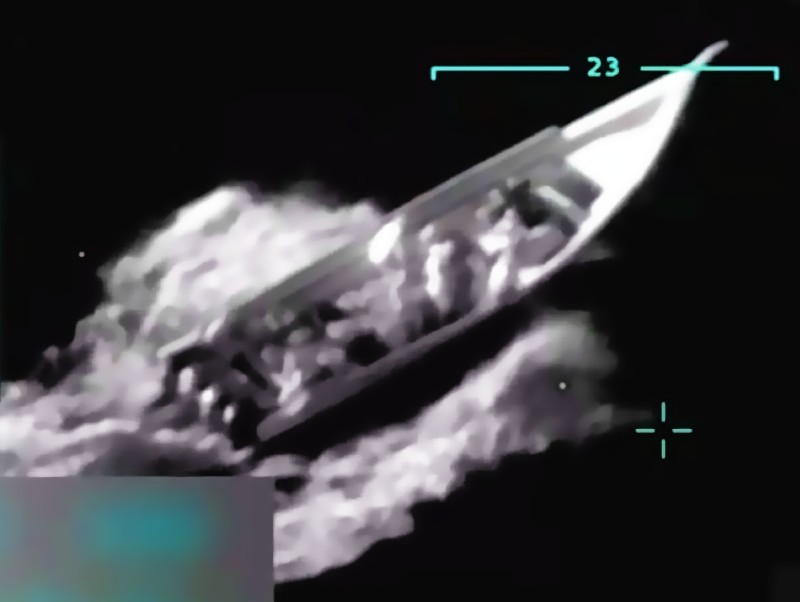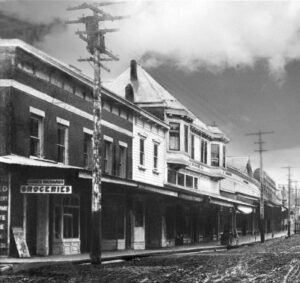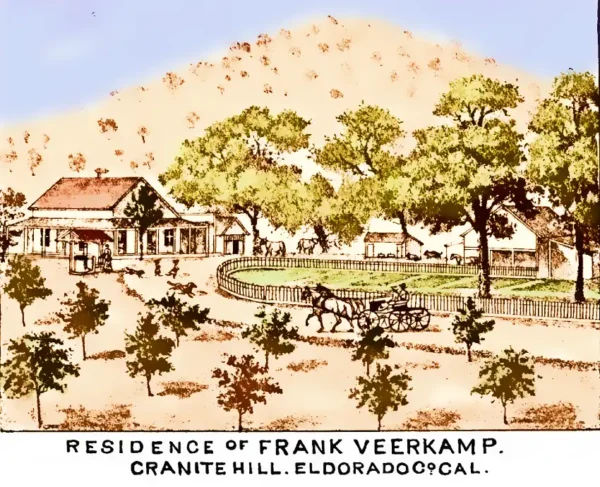
Venezuela drug boat
e USS Corpus Christi, a gray slab of metal slicing through a blue so calm it felt staged. The men on deck moved quiet, efficient, sunburnt. Their eyes were the same as every soldier’s eyes I’d seen from Mosul to Marjah—watchful, resigned, waiting for the next thing to go wrong.
Captain Raines stood beside me at the rail, arms folded, jaw working a toothpick like it owed him rent. His voice had that dry Southern rasp that came from decades of shouting over engines.
“You ever notice,” he said, “how this place looks peaceful until it isn’t?”
He pointed toward the horizon. On the feed from the drone, a small heat signature darted across the water. A fast boat, four outboards, running low and hard. The kind smugglers loved.
“Cartel boys,” Raines muttered. “They think the ocean’s their highway. But highways can be mined.”
He didn’t look at me when he said it. He didn’t need to. The Gulf had become his country, and he was its law.
2. The Cartel Pilot
They called me Pájaro. Bird. Because I loved speed, the way engines lifted you above the weight of life.
The boat was a 38-foot go-fast, quad Mercurys roaring like devils, hull painted the color of night. I could run from Campeche to Matamoros faster than most men could tell their lies.
Tonight was routine—twenty crates, sealed and dry, hidden beneath false decking. Not my problem what was inside. Could be cocaine, could be cash, could be ghosts. My job was movement.
“Radar clean,” my cousin Mateo said, eyes on the screen. He was sixteen, too young, too eager. I told him once that the sea didn’t forgive mistakes. He laughed and said, “Then we won’t make any.”
The stars were bright over the Gulf. For a moment, I forgot the chase, the fear, the men with satellites who watched us like ants under glass. The engine’s hum was almost peaceful.
Then Mateo frowned. “Pájaro… you hear that?”
A distant buzz, mechanical, insect-like. The sound of the sky watching back.
3. The Correspondent
“Drone’s tracking them,” said the tech officer, eyes glued to a glowing monitor. “Thermal lock confirmed.”
The boat zigzagged across the black water, four red dots alive with heat.
Raines leaned forward. “That’s them.”
His tone was half prayer, half habit. The order came through his earpiece before I even caught the words.
“Engage.”
The feed stuttered, focused, then bloomed white. The explosion was small but sharp—a flash, a ripple, and then a dark plume of smoke that faded as quickly as it came.
Raines took a deep breath through his nose and grinned. “Smells like victory,” he said.
But the wind blew from the west. There was no smoke here. Just the faint, ghostly scent of fuel and salt.
I asked him if they ever tried to recover survivors.
He didn’t answer. He just looked out toward the horizon where the Gulf swallowed the sun.
4. The Cartel Pilot
The drone hit us before I saw it.
One second, there was sky and water. The next, fire.
The boat kicked sideways, a roar tearing through my head. I was thrown clear—into the air, into the cold. Salt filled my mouth. My ears rang with a scream that might’ve been Mateo’s.
When I surfaced, the boat was gone. Just burning debris, a circle of flame, and pieces of what used to be us.
I shouted his name until my throat shredded. No answer. Only the hiss of gasoline burning itself out.
The stars looked down, indifferent. The Gulf lapped at my face like a lazy god.
5. The Correspondent
Hours later, I found Raines sitting alone in the mess, nursing black coffee. The ship hummed with routine—the quiet after action, when men replay the blast in their heads and pretend it doesn’t stick.
“You believe in good guys and bad guys?” I asked.
He chuckled. “You been watching too many movies.”
He looked at his cup, not me. “These cartel kids—half of ‘em don’t even know who they’re working for. They’re just trying to eat. But that don’t mean we can let ‘em run free.”
He leaned back. “You can’t clean up a swamp without getting muddy.”
I scribbled that down. It sounded good. Later, I realized it didn’t mean much.
6. The Cartel Pilot
I floated for what felt like years. The current pulled me north. My body ached, skin raw from salt and sun.
A half-burned crate drifted past. I grabbed it and held on. Inside were bricks wrapped in plastic, still dry. Cocaine, I guessed. Worth more than all the prayers I’d ever said.
I thought about Mateo—how he’d laughed at the idea of dying young. He’d wanted to buy his mother a house. I wondered if she’d ever know what happened.
In the distance, a ship’s lights glowed faintly. I started paddling, each stroke a plea. Maybe they’d see me. Maybe they’d shoot me. At that point, either was fine.
7. The Correspondent
By dawn, the sea was calm again.
From the deck, I saw something small bobbing near the edge of the ship’s path. The radar tech flagged it—“debris field, possible survivor.”
Raines came up behind me. “We’re not a rescue vessel,” he said flatly. But he was already reaching for the binoculars.
Through the glass, I saw him: a man clinging to a piece of wreckage, face burned, eyes wide. He waved weakly, just once.
Raines lowered the binoculars. He looked older suddenly, the fight drained out of him.
“Protocol says we log the sighting and move on,” he said.
“Protocol,” I echoed.
The wind carried the faintest whiff of smoke and salt. Raines didn’t move. For a long minute, no one did.
Then the engines roared back to life. The ship turned east. The sea closed behind us.
8. The Cartel Pilot
I saw the ship turn away.
For a moment, I thought maybe they hadn’t seen me. But I knew better.
I laughed, though it came out like coughing. The sound felt strange in all that open water.
The Gulf shimmered under the rising sun, golden and cruel. Somewhere in the wreckage, Mateo was gone. Somewhere above, men watched from screens and said words like collateral and success.
I thought of my mother’s kitchen, the smell of lime and cilantro, the way she used to hum when she cooked. I thought of the sea—how it gives nothing, keeps everything.
When the water finally covered my mouth, it tasted like truth.
9. The Correspondent
That night, I filed my story.
“Cartel Boat Destroyed in the Gulf—Four Dead.”
It ran two paragraphs on the wire. No names, no faces, just the coordinates and the confirmation that America had scored another victory in its endless war against drugs.
I wrote another version for myself, the one you’ll never read. The one that says the man we left behind had eyes like mine, and that for a second, I almost believed the ocean could forgive us.
But it won’t.
Because out here, the Gulf smells like victory—
and victory always smells like napalm.



